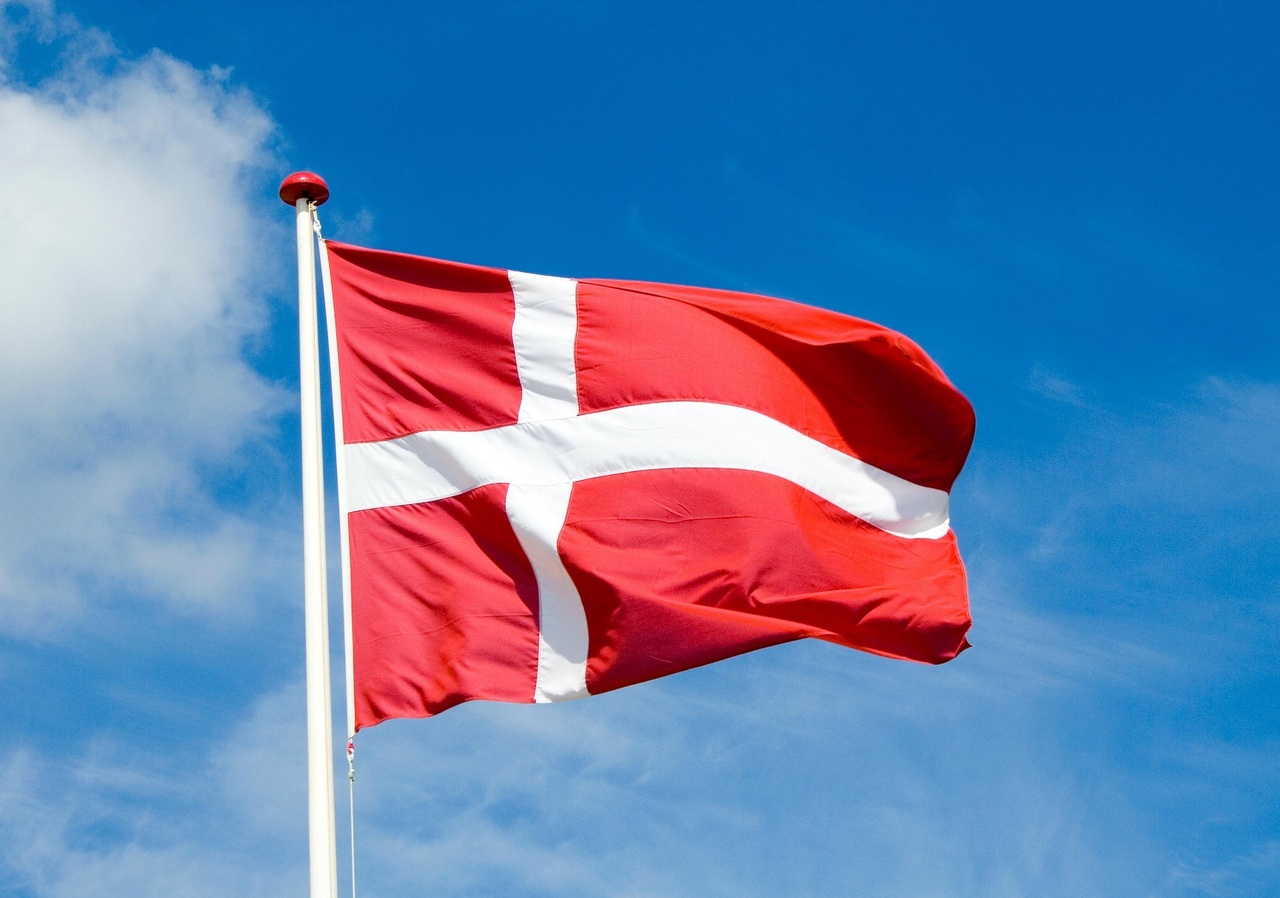COPENHAGEN (Parliament Politics Magazine) – Denmark’s recent revelation of wearing t-shirts, the “colour mourning” kit manufactured by Hummel to take a hit at the human rights record of Qatar, the host of the FIFA world cup 2022 took the world by surprise.
The manufacturer said that while they supported the Danish national team all the way, it shouldn’t be confused with support for a tournament that caused thousands of people their lives.
Hummel’s claim was crisply denied by Qatar’s World Cup organisers, the Supreme Committee for Delivery and Legacy [SC]. “We have engaged in robust and transparent dialogue with the DBU. This dialogue resulted in a better understanding of the progress made, the challenges faced, and the legacy we will deliver beyond 2022,” a SC spokesperson told Reuters.
“We wholeheartedly reject the trivialising our genuine commitment to protect the health and safety of the 30,000 workers who built Fifa World Cup stadiums and other tournament projects. That same commitment now extends to 150,000 workers across various tournament services and 40,000 workers in the hospitality sector.”
But, is Denmark right to be sitting on a moral high ground?
Reports from Amnesty International suggest that people from non-western backgrounds still continue to face discrimination in social housing. Although laws on return and externalising asylum and residency applications were passed, rights to family life of refugees continued to be violated. The delay in corporate accountability and sexuality education initiatives still persists.
Discrimination against the “non western”
The discriminatory statute “L38” on social housing was still in effect in May despite a petition with 55,913 signatures calling for its repeal.
Denmark agreed to evaluate its social housing rules in May as part of its UPR, but merely made a cosmetic change to remove the word “ghetto” from official documents. Policies attempting to limit the number of residents with “non-western backgrounds” continued along with new discriminatory initiatives that state neighbourhoods would not house more than 30% of residents with “non-western backgrounds” by 2030,
Rights of migrants and refugees
The mandatory three-year waiting time for reuniting with families in Denmark, which would impact about 4,000 Syrian refugees, was overturned by the European Court of Human Rights in July on the grounds that it breached the right to family life. The ruling clearly stated that refugees had the right to family unification irrespective of the status they were granted, protection, humanitarian or convention. By the time the ruling came, thousands of people were separated from their families for years.
A law allowing Denmark to externalise the processing of asylum seekers and those applying for refugee residency permits to non-European nations was passed by parliament. Although there is no agreement with a host nation, the Danish government contacted officials in Egypt, Morocco, Rwanda, and Tunisia between 2020 and 2021. Denmark and Kosovo began negotiations in December about outsourcing prison cells for 300 criminally charged individuals who were ordered to leave Denmark as part of their sentence.
A new Return Bill was approved by the parliament. Among other new rules, the bill included new regulations like paying asylum seekers to avoid appealing to the Refugee Appeals Board if their claims were denied.
Deportations to Afghanistan were formally stopped by the government. 19 Afghan individuals were still housed in return facilities by the end of the year, with little to no access to healthcare, education or employment.
In February 2021, the Danish Immigration Service and Danish Refugee Appeals Board declared that Damascus and other rural regions surrounding it were safe to return. At least 151 Syrians had their residency permits cancelled, not renewed, or had their refugee applications denied as of December 19.
Women’s and girls’ rights
The CEDAW Committee proposed in March that Denmark implement mandatory sexuality education programmes in primary and secondary schools that cover sexual autonomy, consent and relationships as well as mandate a sexuality education module for teacher training. In 2021, this was not put into practise.
Denmark’s political standing is even worrisome when the country counts itself among the absolute top champions of the world for upholding human rights. But with international criticism growing for violations of human rights by the government, an accurate undeviating review of the 30 different articles in the Universal Declaration of Human Rights of the United Nations shows that about 20 of these are violated by Denmark.






